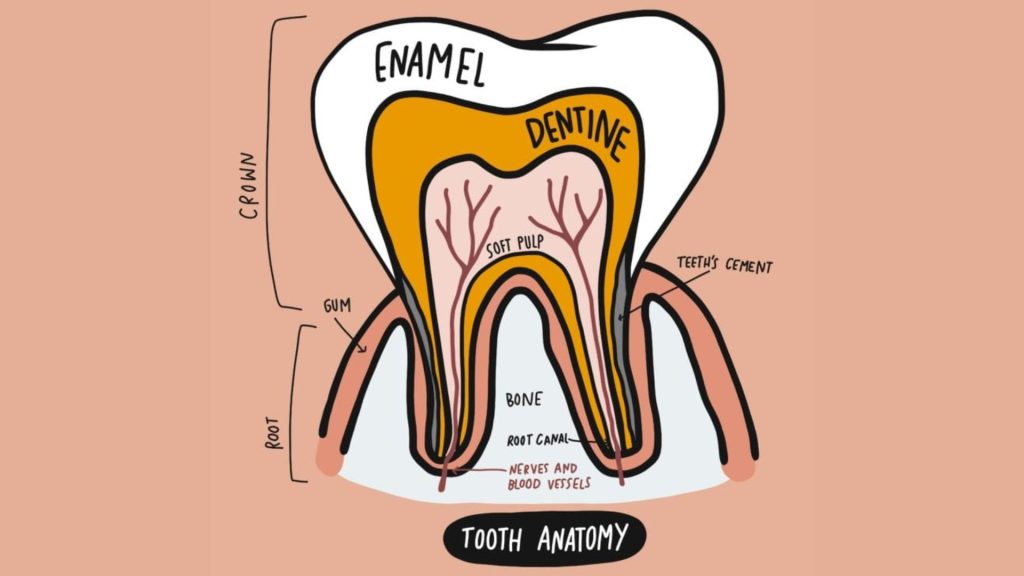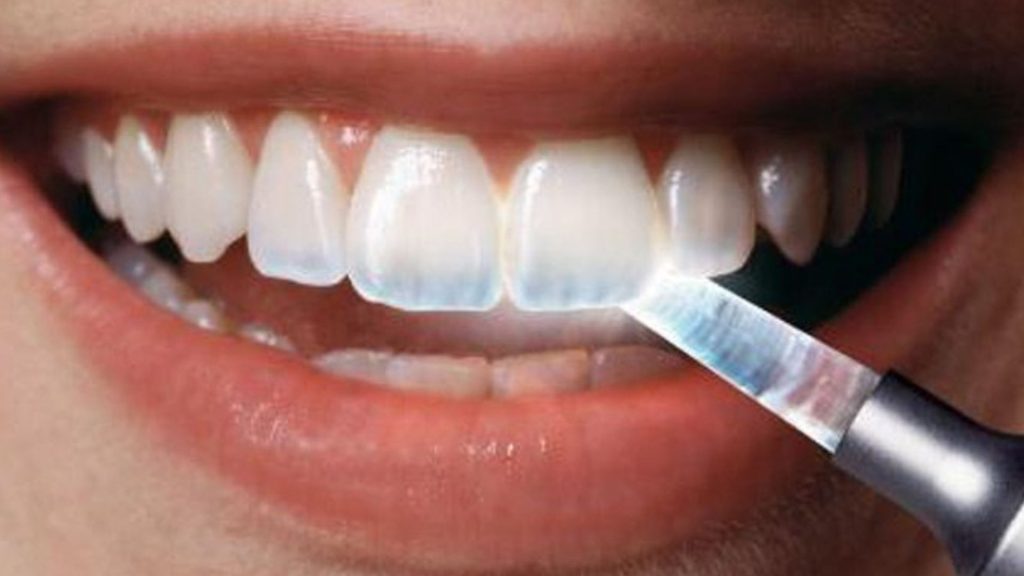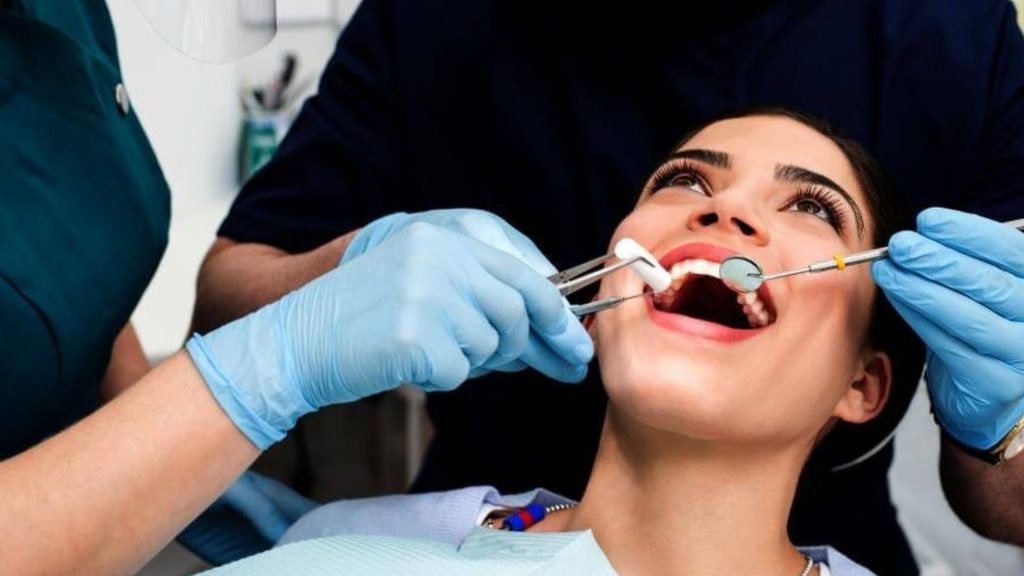Are teeth transparent? Yes, teeth may become translucent owing to enamel degeneration, wear, or heredity. However, translucent teeth might indicate an oral health issue. The response is complex and may come as a shock to some. Many individuals worry about the appearance of their tooth color while discussing dental hygiene.
To maintain your smile, visit the Spring Orchid’s dentist about tooth anatomy, causes, and prevention.
Structure of Teeth


Teeth not only play an important role in grinding and chewing food, but they are also an important part of the appearance and creation of a bright smile. However, not everyone knows how to care for teeth and their structure. Thus, today we will assist you to understand the anatomy of your teeth so you may best care for them.
Enamel
Teeth are protected by enamel. Its hardness exceeds bone. Enamel’s minerals—hydroxyapatite, calcium, and phosphate—make teeth hard and antibacterial.
Dentist Neil Sutherland says chemicals, stress, and food and bacteria abrasion all damage tooth enamel. Therefore, everyday enamel maintenance is crucial to maintaining them.
In addition, enamel only has a limited capacity for self-repair. Dentist Thomas P. Connelly believes enamel can’t repair itself since it’s solid. Enamel never grows back. To protect enamel, dental hygiene is crucial.
Dentine (soft tooth)
Soft tooth, or dentine, is bone tissue beneath the enamel that surrounds the tooth core. Most of the tooth’s bulk is pale yellow or light brown. Collagen fibers and hydroxyapatite crystals make dentine robust and springy.
Dentist John W. Grbic says dentine tubes connect the tooth’s core to its surface. Nerve fibers and blood arteries in dentine tubes link to gum and tooth nerves. Thus, tooth decay may induce dentine discomfort and sensitivity.
Furthermore, dentine has the potential to regenerate, but it does so more slowly than enamel. Regular dental care reduces dentine loss and its complications.
Pulp
The tooth’s pulp contains blood arteries, nerves, and soft tissue. The pulp feeds and oxygenates the tooth, keeping it healthy.
Dentist Stephen K. Harrel says that the pulp is full of nerve cells including sensory neurons and tissue-forming neurons. Sensitive neurons provide pain signals to the brain in response to external stimuli including pressure, temperature, and chemicals. Tissue-generating neurons rebuild tooth pulp structures.
Cementum (nucleus)
The tooth roots are covered in a thin covering of strong bone tissue called cementum, which helps them stick to the jawbone. Cementum, formed by metabolic cells of the periodontal ligament in tooth roots, comprises numerous collagen fibers to link with the jawbone and strengthen teeth.
Additionally, cementum health may be negatively impacted by soft tissue issues like periodontal disease or gingivitis, which in turn can cause issues with the teeth and gums.
Periodontal Ligament
Ligaments in the mouth connect the jawbone to the tooth roots. Its resilient collagen fibers aid in anchoring teeth to the jawbone and permit slight tooth movement when eating and talking.
Also, the periodontal ligament supports the regeneration process and protects the jawbone, soft core, and roots of the teeth. It helps oral cells and organs communicate.
Overall, tooth formation is complex and essential to oral health. Daily dental care and regular dental exams are the best strategies to protect your teeth.
Are Teeth Transparent?


No, they aren’t. Although teeth are not fully see-through, the color of surrounding tissues may make it seem that way under certain lighting. For instance, the enamel margin is typically translucent white, making the yellow dentine underneath it seem more transparent.
However, this is not a common trait of all teeth, and the transparency of teeth relies on several aspects, including enamel structure and color, tooth softness, light intensity, and light transmission.
What Causes Transparent Teeth?
Teeth are one of the important parts of the digestive system and are also an important factor in creating a person’s appearance. But, not everyone has flawless teeth. Tooth transparency is a common oral health issue. What causes this? See below:
- Enamel erosion: Any factor that wears enamel makes teeth translucent. Poor diet, biting hard objects, dental issues, excessive whitening, etc.
- Signs of Aging: Teeth might become translucent as we age owing to a loss of fiber and collagen in the enamel. This decreases the thickness of the enamel as well.
- Congenital conditions: Sometimes teeth are born with very little enamel or none at all, making them seem translucent.
- Use of drugs: Some drugs, especially those used in cancer treatment, can make teeth transparent.
- Trauma: Teeth might become more translucent if their enamel is damaged due to trauma.
- Use a fluoride-free toothpaste: Fluoride in toothpaste prevents enamel deterioration. Too much non-fluoride may make teeth translucent.
Why Are My Teeth Transparent At The Bottom?


Clear teeth can occur anywhere on the tooth, not necessarily just below. However, if you find your teeth are transparent on the bottom, there could be several causes:
- Glue remnants: If you’ve had a tooth pulled or repaired, your doctor may glue the parts together. After treatment, adhesive residue might cause translucent teeth.
- Bacterial Invasion: When germs enter the teeth, they may erode portions of the enamel layers, causing the teeth to become translucent. Bacteria may invade teeth via fractures, cavities, or destruction.
- Dry teeth: Too many antibiotics, consuming less water, medical problems, or old age might cause dry teeth. As teeth dry, enamel wears away, creating translucent teeth.
However, you should contact your dentist for an examination and treatment guidance to pinpoint the reason for your translucent teeth.
Can Transparent Teeth Be Fixed?
Treating clear teeth depends on the reason. Changes in diet and dental hygiene may prevent and improve clean teeth damaged by trauma or erosion.
However, if the translucent teeth are caused by an endogenous condition like heredity or periodontal disease, then a dentist must examine and treat them. To fix this, your doctor may suggest enamel coating, cosmetic dentistry, or crowning.
So, if you have clear teeth, visit your dentist for advice and appropriate treatment.
How to Prevent Transparent Teeth?
Beautiful teeth with brilliant, consistent color and no transparency boost confidence. To prevent transparent teeth and preserve oral health, you require fundamental tooth care information. Here are some easy strategies to avoid translucent teeth:
- Adjust the diet: Limit coffee, alcohol, carbonated soft drinks, sour juices, and dark-colored meals like ketchup, mushroom sauce, carrots, red radish, black currant, black tea, chocolate, and coffee. Use a straw to prevent tooth contact while drinking dark liquids.
- Practice proper oral hygiene: Brush teeth properly twice a day and floss to clean between teeth. This helps to remove plaque and color on the teeth.
- Avoid exposure to chemicals: Limit exposure to harmful chemicals such as hair dyes, teeth-whitening agents of unknown origin, or tobacco.
- Lifestyle adjustment: Avoid eating too many sweets and fast foods, limit the use of alcohol and tobacco, exercise regularly to stay healthy.
- Regular dental check-ups: This helps to detect dental problems early and get them corrected in time to avoid transparent teeth.
Note: The above measures can help prevent and minimize transparent teeth, but cannot be eliminated. If you want better results, consult your dentist for proper advice and treatment.
Conclusion


The reasons and construction of translucent teeth are mentioned above. Maintaining your smile with clean teeth requires care. Therefore, you should see your dentist often to be tested and informed on how to best care for your teeth.
At Spring Orchid dental clinic in Bassendean, we are with you in maintaining the best oral health. We provide preventive dentistry, treatment, teeth whitening and cosmetic improvement services, helping you to feel more confident in every smile.
FAQs
Can Clear Teeth Go Away On Their Own?
Clear or translucent teeth do not heal on their own. This condition is typically caused by enamel erosion, which can result from factors such as acidic foods and beverages, acid reflux, or genetic conditions like enamel hypoplasia. Once enamel is lost, it cannot regenerate. Treatment options include dental bonding, veneers, or crowns to restore appearance and protect the teeth. It’s important to consult a dentist for proper evaluation and treatment.
Are children With Clear Teeth Dangerous?
Children with clear or translucent teeth are not inherently dangerous, but it can indicate underlying issues such as enamel erosion or decay. This condition may lead to increased sensitivity and a higher risk of cavities, which can affect overall health and well-being. Poor oral hygiene and untreated dental problems can result in complications like speech difficulties, misalignment of teeth, and infections. Therefore, it is essential to address any concerns regarding clear teeth with a dentist to prevent further dental issues and ensure proper care.
Can You Self-Treat Transparent Teeth?
Self-treating transparent teeth is limited. You can maintain good oral hygiene, avoid acidic foods, increase calcium intake, and stay hydrated. However, once enamel is lost, it cannot regenerate. It’s essential to consult a dentist for effective treatments like fluoride applications or bonding.





